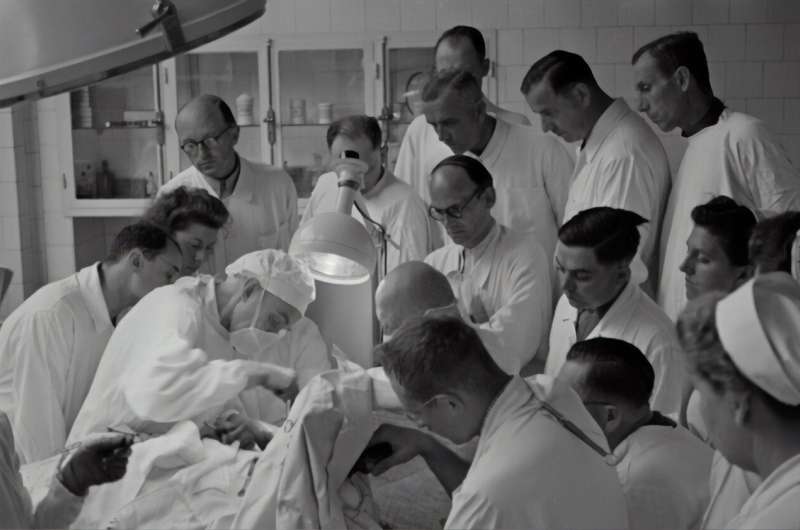Pandemic is changing the way militaries operate and are perceived, new research shows

The COVID-19 pandemic is giving way to increases in military engagements in health-related activities at the domestic level, according to new research by Fawzia Fall from Queen Mary's School of Politics and International Relations.
The paper, published in Review of International Studies, is the first peer-reviewed study which explores the role of the military in the pandemic, a pivotal moment in global health military practice.
The research focuses on three main areas including the technical support provided by militaries during the pandemic, blended civil-military responses as well as military-led responses.
Militaries filling a void
Focusing on the first six months of the COVID-19 pandemic, the findings of the study show that militaries took a vacuum-filling role when traditional systems of support for civilians failed. The foundation of the Nightingale hospitals across the UK is cited as an example of this. The research showed that there had been a worldwide trend where civilian-led institutions handed over control to the military, which in turn operated on their behalf.
Fawzia Gibson-Fall, researcher in Queen Mary's School of Politics and International Relations, and author of the study said: "The way in which countries approached the virus, whether it was seen as a biomedical-security issue or one of public health, influenced the role that their militaries took on. More attention needs to be paid to how and why we are compensating community and civilian systems with military means since those places with little or no military involvement also showed successful versatile, innovative, people-centered responses."
Changing perceptions of military
The findings show that the pandemic is changing the way militaries are perceived and how they position themselves as health responders. The research has implications for future defense agendas, defense funding as well as civilian institutions.
Fawzia Gibson-Fall added: "We urgently need to know more about the impact of these military involvements; do they make people feel safer, do they impact health-seeking behaviors? This research area has been neglected for too long and like everything in this pandemic, we are acting in haste and in the dark.
"Governments and policymakers, in the UK and elsewhere, need to commission research into the ways in which their militaries are operating, how they prepared for current deployments, how these are orchestrated and experienced in differing local and community contexts. This will make us able to use military involvements as parameters to build better, more community-focused, less repressive health responses."
More information: Fawzia Gibson-Fall. Military responses to COVID-19, emerging trends in global civil-military engagements, Review of International Studies (2021). DOI: 10.1017/S0260210521000048




















